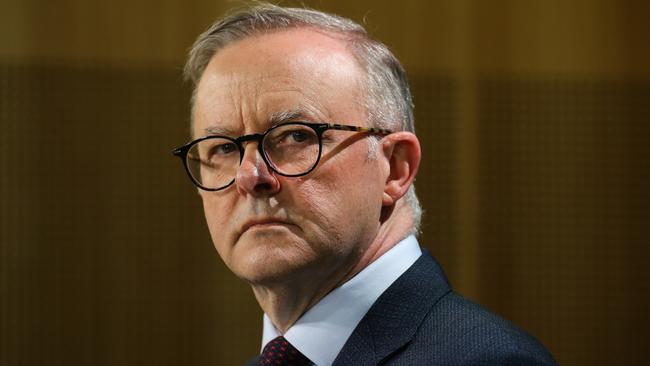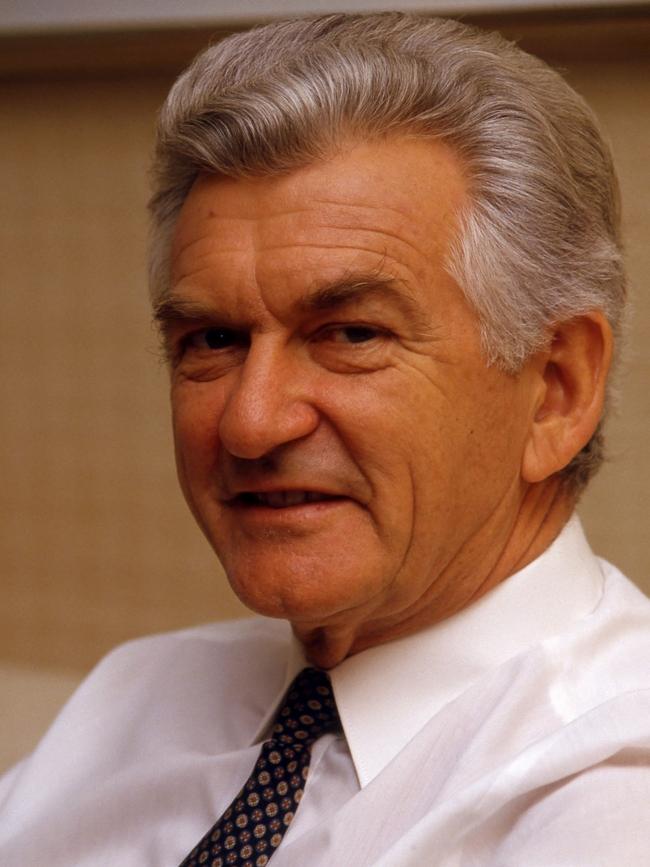
At least be hopeful for small mercies; that it won’t turn into a bloviating replay of Kevin Rudd 2008 talkfest, when 1002 esteemed Australians sat around, mostly it seems on the floor, ‘fashioning’ the Australia of 2020. Who now remembers the bloviators – aside perhaps from Rudd himself and maybe Cate Blanchett -far less their bloviating ‘conclusions’? Although to be fair, the summit was rather overtaken by two ‘events’: the GFC and Rudd being ‘offed’ by his own colleagues. Something, PM ‘Albo’ would do well to remember.
That said, Albo’s proposed summit does rather seem like a talkfest desperately seeking both a central driving agenda and indeed the all-important ‘driver’. As a one-time US vice-presidential candidate Lloyd Bentsen said so brutally, and effectively, in a debate to his opponent: “Senator, I knew (President) Jack Kennedy; Senator you are no Jack Kennedy.”
Equally I would say: Prime Minister Albanese, I knew Bob Hawke; PM you are no Bob Hawke. There is no way the coming summit could even begin to replicate the dynamics and both the range of players and the very specific objective that was the entire purpose of the summit. Hawke’s summit aimed to forge a compact between ‘big business’, ‘big union’, and ‘big government’, at a time when you really had all three. Now there’s really only big government; unions are almost extinct in the private sector, they now essentially only represent public sector workers.

Further, nobody now speaks in any sort of seriously representational way for business; and certainly not the Business Council which is at best a pale, arguably an invisible, shadow of the 1983 BCA, still then a big and powerful deal.
Critically, the government went into the 1983 summit with a very clear-cut objective: putting in place the Prices and Incomes Accord. Unions would trade, and deliver across a much more highly unionised workforce, lower wage increases for benefits delivered by government.
These would be, broadly, tax cuts, increases in the ‘social wage’ – benefits delivered by government – and, ultimately compulsory superannuation. The core of both the summit and its success, politically for the government – although it would still prove a fairly close-run thing in the 1984 election – and for the economy was the core roles played by Hawke and union leader Bill Kelty.
The ‘other thing’ that was critical, if not either understood at the time and still only developing was the aggressive deregulation agenda of the ‘young guns’ in Treasury, which came to a very effective meeting of minds with a Paul Keating.
Even though ‘big business’ opted out, the government-union accord clicked with the deregulation agenda to set up the economic success – after the hiccup of the “recession we had to have” – through the 1990s and into the 2000s.
Contrast that with what’s proposed for September.

There is no foundational economic policy like the Accord which the summit aims to get endorsed, and therefore locked into, by business and workers and governments, state and federal. Just a wish-washy wish-list of all the feel-good objectives – and a lot of repetition.
So, we aim for “Keeping unemployment low, boosting productivity and raising incomes.” Fine, and what next? “Delivering secure, well‑paid jobs and strong, sustainable wages growth”. Does that give a hint of much waffling to come? Now Hawke was no Keating in terms of economic policy and the economy, but he was also no Gough Whitlam totally uninterested in it all.
As I argued the other day, Albo is all Gough without the grandeur. A leaderless summit which lacks any serious, focused ambition and key Kelty-like drivers is heading for pointlessness at best, and more likely dangerous meandering.







THE big Albo summit scheduled for September might seem like a return to a 1983 Hawkie future – but it is no such thing.